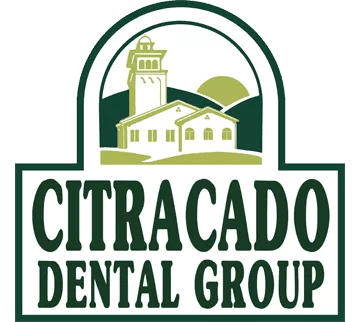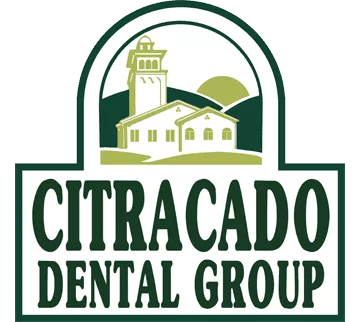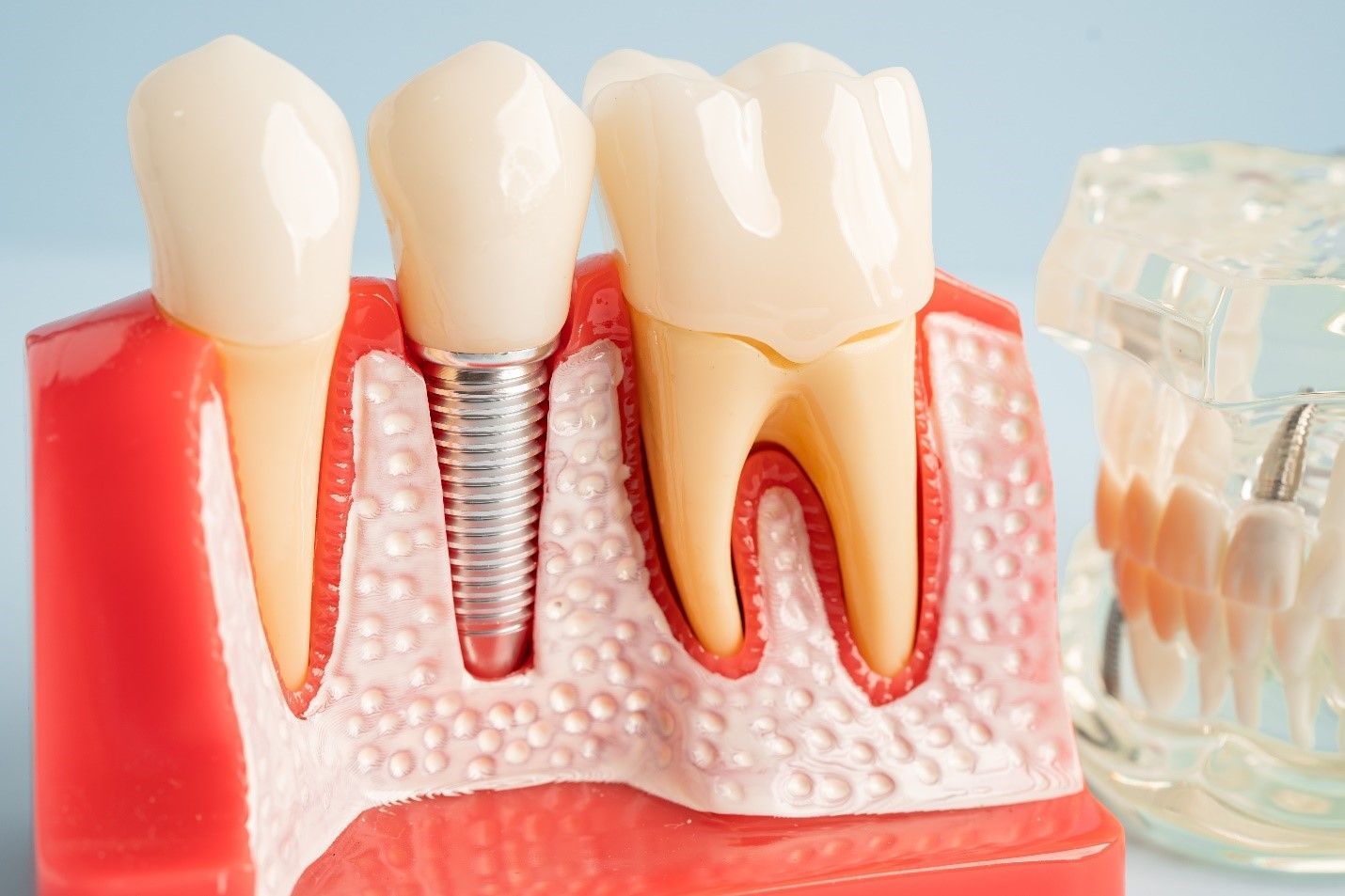Spring Cleaning for Your Smile: Tips for a Fresh and Healthy Mouth

As the warm weather approaches, it's time to start thinking about spring cleaning for your teeth and gums. Just like you declutter and freshen up your living space, it's important to do the same for your dental hygiene routine.
Here are a few tips to thoroughly refresh your smile for spring.
1. Refill Your Dental Supplies
Maintaining a healthy oral hygiene routine is crucial, and using the proper tools is essential for success! Take a moment to assess your dental supplies and ensure you have an adequate stock of essentials such as toothpaste, dental floss and mouthwash. Running low on any of these items? Now's the perfect time to replenish your stash to maintain a healthy smile throughout the season.
2. Replace Your Toothbrush
Your toothbrush is your primary weapon in the fight against plaque and bacteria. Remember to swap out your toothbrush every 3-4 months, or even sooner if your toothbrush’s bristles are starting to deteriorate and fray. A fresh toothbrush ensures thorough cleaning of teeth and gums and promotes great oral hygiene.
3. Schedule Your Next Dental Appointment
Spring can be the perfect time to schedule your routine dental visits and check-ups. Regular trips to the dentist are crucial for keeping teeth and gums healthy, as they allow your dental team to catch and tackle any potential issues before they grow into bigger problems. Don't wait until the last minute to book your appointment —
schedule with our office today.
4. Deep Clean Your Dental Storage Areas
While decluttering and organizing your living space, don't overlook the areas where you store your dental supplies. Toothbrush holders and bathroom cabinets and drawers can turn into germ and bacteria breeding grounds. Take the time to deep clean these areas to remove any buildup and ensure a clean environment for your oral care essentials.
5. Enhance Your Dental Care Routine
Now that you've refreshed your dental supplies and decluttered your storage areas, it's time to take your oral hygiene routine to the next level. Consider incorporating the following practices to elevate your dental care routine:
Refine Your Brushing Technique: Instead of rushing through your brushing routine, focus on proper technique. Make sure to clean all the surfaces of each tooth using gentle, circular motions while taking the correct amount of time for your entire mouth (at least two minutes).
Explore Interdental Cleaning: Besides regular flossing, consider adding interdental brushes or water flossers into your cleaning routine for getting between the teeth and along the line of the gums. These are particularly beneficial for people with braces or dental restorations, as they can effectively remove debris and plaque.
Develop a Tongue-Cleaning Habit: Remember to give your tongue some attention during your oral care routine. Bacteria can gather on its surface and become a source of bad breath and other potential health issues. Make it a habit to gently clean your tongue using either a tongue scraper or your toothbrush. This simple practice can help your mouth feel fresh!
6. Brighten Your Smile
Embrace spring with a brighter, whiter smile! Professional teeth whitening can be a safe and effective solution to remove stubborn discoloration and stains, leaving you with a bright, dazzling grin.
Our team is here to assist you with your cosmetic dentistry.
7. Nourish Your Oral Health
Oral health isn't just about flossing and brushing — it's also influenced by what you drink and eat. Embrace a tooth-friendly diet rich in nutrients that support your teeth and gums. Additionally, staying hydrated can help flush away food and bacteria, helping to reduce the risk of cavities and promoting oral health overall.
Remember, in addition to regular dental check-ups, prioritizing your oral hygiene is a lifetime investment that leads to great overall health.
Questions? We are always here for you! Call or text us at
760-489-5545.
QUICK MENU
RECENT POSTS






